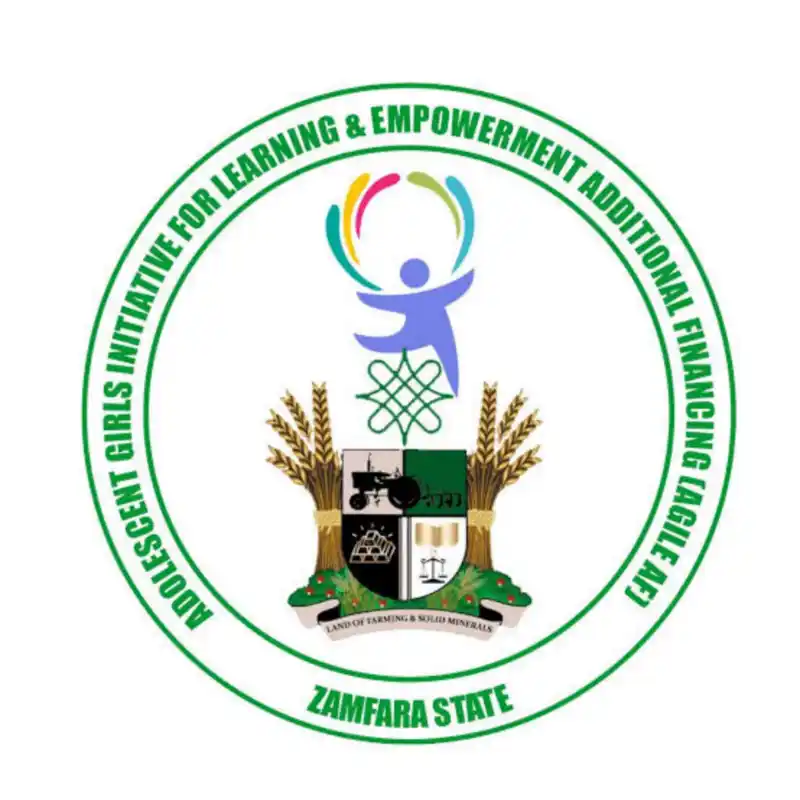The Adolescent Girls Initiative for Learning and Empowerment (AGILE) Project in Zamfara State has officially commenced the first phase of its Conditional Cash Transfer (CCT) programme aimed at supporting schoolgirls. The payments are set to begin this July, as part of efforts to boost school enrollment and reduce financial burdens on families.
Speaking in Gusau, the state capital, the Conditional Cash Transfer Officer of the AGILE Project, Hajiya Umma Salma Abubakar Usman, confirmed to journalists that the payment process is in its final stages. According to her, the production of student ATM cards is currently ongoing, and validated students will start receiving payments this month.
“Some students have already begun getting text messages containing their account numbers,” she said, noting that this initiative is designed specifically to assist parents who cannot afford to keep their daughters in school due to financial challenges.
Hajiya UmmaSalma pointed out that the insecurity in Zamfara has left many women widowed and unable to fund their children’s education. “This is why the CCT component was introduced into the AGILE project,” she explained.
She clarified that the AGILE Project does not directly enroll students into schools. “We go to schools to identify eligible girls, and we do not charge any fees for registration,” she added.
The cash transfer program targets girls in Primary 6 and JSS 3—critical transition stages where parents are expected to spend on uniforms, shoes, school bags, and fees for new school levels such as JSS1 or SS1.
“If a parent can’t even afford basic food items like millet or maize, how would they think of sending their daughter to school at such a crucial point?” she asked. “Even if schools are renovated, if poor parents are not financially supported, many children will still remain at home. That’s why this intervention became necessary.”
The enrollment process relies on the official school registers. Each student is called one by one for proper documentation and must be accompanied by her mother or a close relative. “We capture their name, photo, Bank Verification Number (BVN), and phone number before final validation,” she stated.
Cash payments range between ₦15,000 and ₦25,000 and are disbursed in batches. However, students are expected to maintain a school attendance rate of at least 70% to qualify for future payments.
Highlighting the broader goals of AGILE, Bashir Kabiru Ahmad, the Project’s Communications Officer, stressed that the initiative is fully committed to enhancing the quality of education for adolescent girls under the leadership of Hajiya Sa’adatu Abdu Gusau.
“We are happy that more people now understand what AGILE is about, and some are even helping to explain it to others,” he said.
He also outlined key areas the AGILE intervention covers, including construction and renovation of schools, provision of clean water and toilets, computer literacy training, and vocational skills development. These are all crucial factors that contribute to keeping girls in school.
“Sometimes, even the lack of water alone is enough to stop a girl from going to school,” he noted, emphasizing the importance of a supportive learning environment.
Alhaji Bashir Ahmad called for more public awareness about the project and encouraged communities to ensure that girls are not held back by household duties or petty trading.
Read Also: FG, Amazon Web Services Launch Free Digital Skills Programme for Nigerian Lecturers, Students
The AGILE Project in Zamfara is seen as a significant step toward improving access to education, especially for young girls who face both economic and social challenges.

